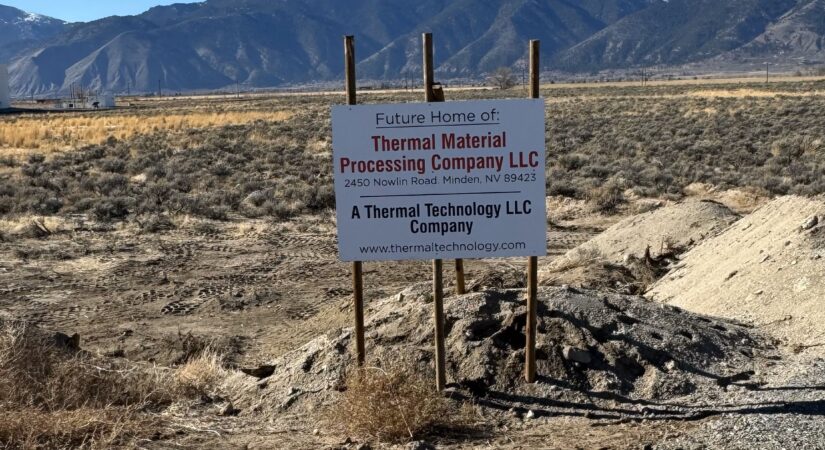March 1, 2010 — Thermal Technology has developed a process for the production of solar-grade silicon using rice hulls as raw material. Matt Mede, Thermal Technology president and CEO, presented his research at the Materials Challenges in Alternative & Renewable Energy Conference this month in Florida.
To meet the growing market need, major producers of high purity photovoltaic (PV) silicon are expanding production. New technologies are coming on line with the objective of producing photo voltaic grade silicon at lower costs than the current industry standards.
“An opportunity exists for new and innovative approaches to the production of photovoltaic grade silicon, especially methods which can demonstrate cost reductions over currently utilized processes,” says Mede. “Advanced carbothermic reduction of SiO2 is a key enabler to the photovoltaic solar industry’s quest for cost reduction.”
In its latest development, Thermal Technology combined the process of carbothermic reduction with biomass pyrolysis technology to convert rice hulls to solar-grade Silicon. “Using the combination of pyrolysis and carbothermic reduction it is possible to make material with sufficient purity for the solar application,” says Mede. “The pyrolysis makes the perfect blend of SiO2 and C suitable for the reduction process, with a morphology that facilities cleaning to remove tramp elements. “ This new process has lower production and entry costs than current methodologies.
Over 95 percent of domestic solar grade silicon (SG-Si) is produced using the Siemens process which consumes up to 200 kWh/kg of SG Si. Contrasting, when carbothermic reduction is combined with energy producing pyrolysis, the energy requirement drops to 50 kWh/kg of SG Si. Thermal Technology’s new method of creating SG Si consumes four times less energy, reducing CO2 production as a result, and eliminates the methane produced when rice hulls are plowed into fields or taken to landfills.
Thermal Technology designs and manufactures crystal growing systems and high temperature vacuum and controlled atmosphere laboratory and production furnaces for the advanced processing of metals, ceramics, glass, quartz and crystal growing applications. Thermal Technology has over 60 years of experience and more than 3000 installations in 40 countries.
The Materials Challenges in Alternative & Renewable Energy Conference, Energy 2010 took place in Cocoa Beach, Florida February 21 to 23 and is sponsored by the American Ceramic Society, ASM International – the Materials Information Society, and The Society of Plastics Engineers. The conference is designed to bring together leaders in materials science and energy and facilitate information sharing on the latest developments involving materials for alternative and renewable energy sources and systems.

